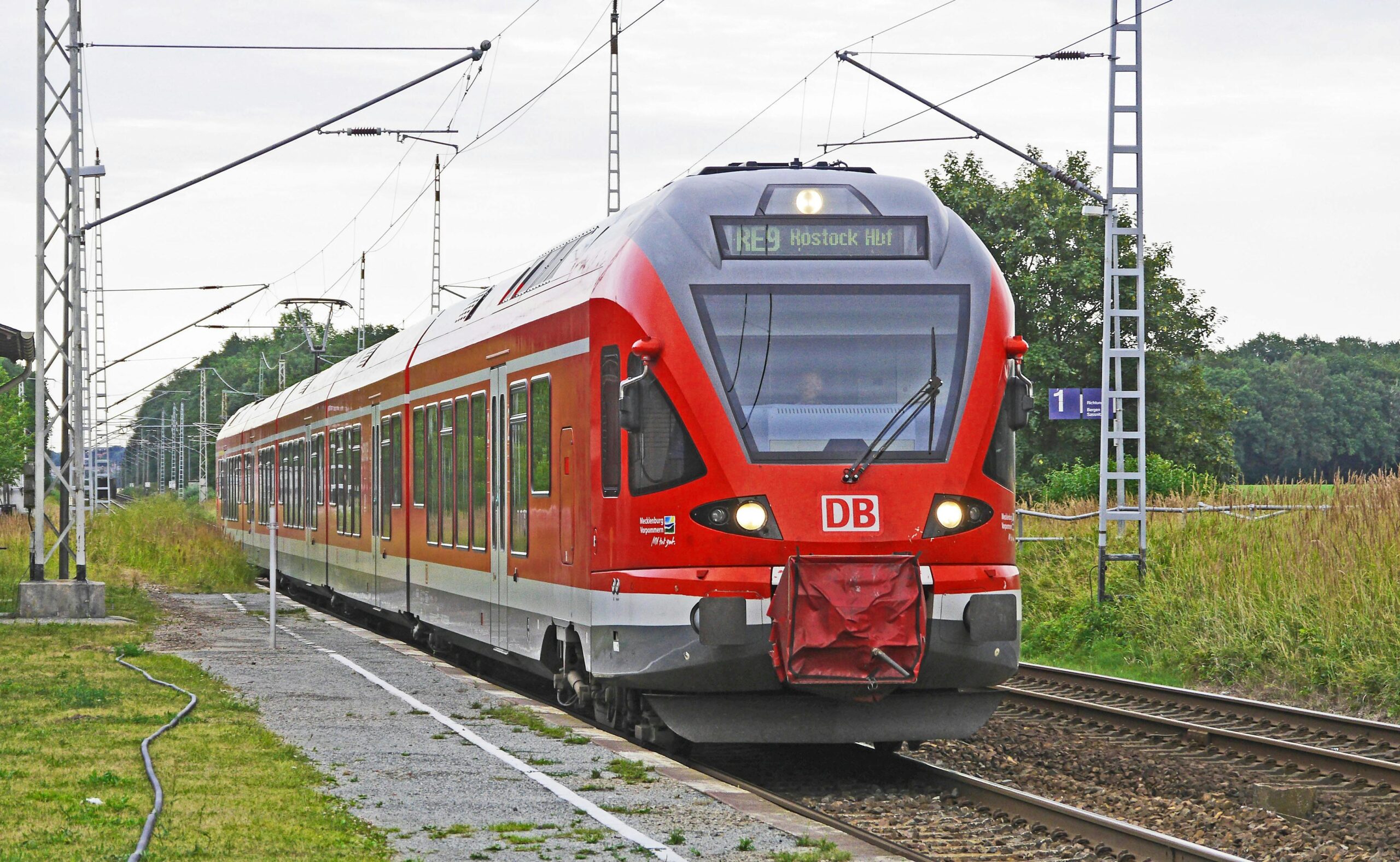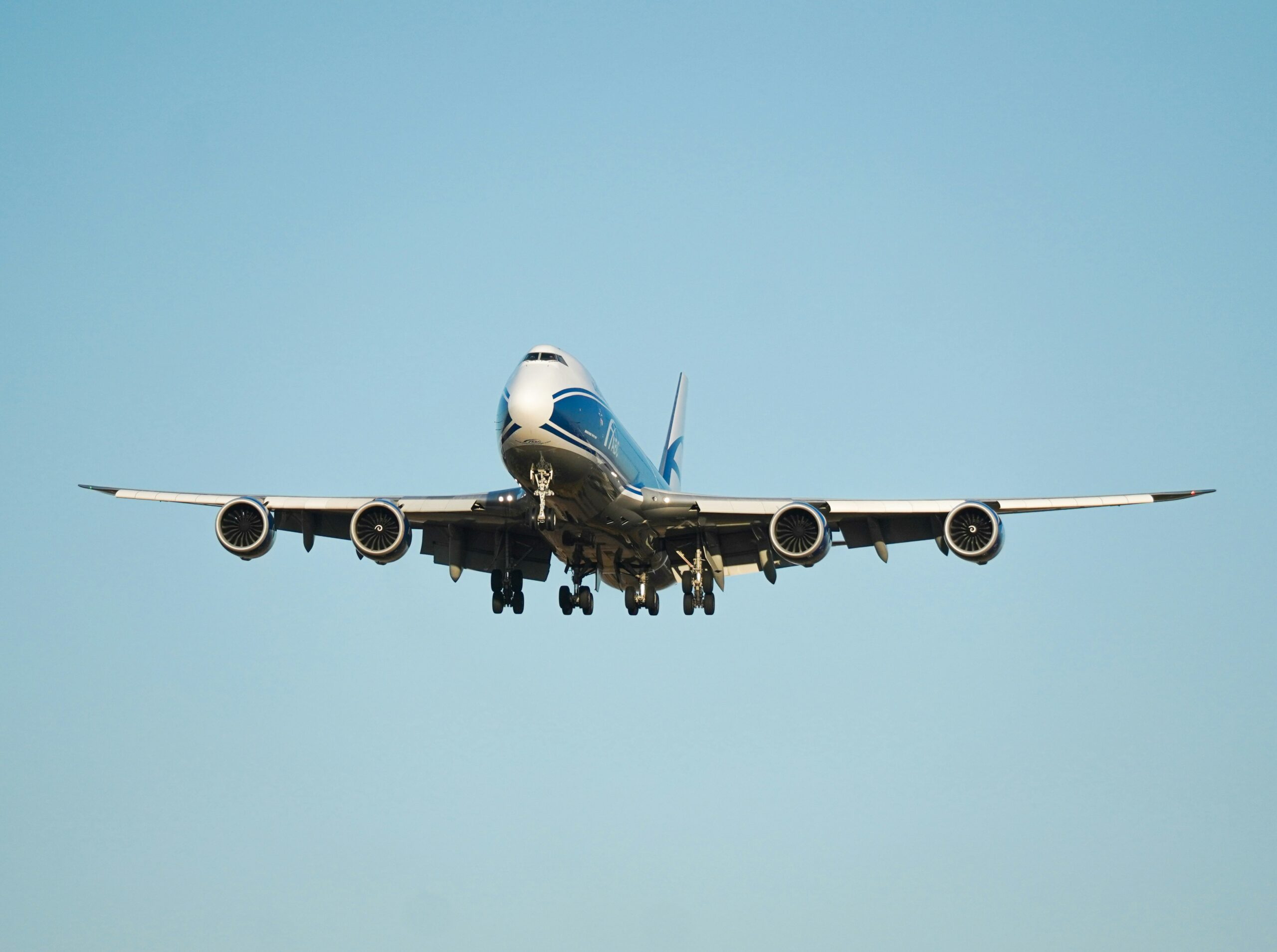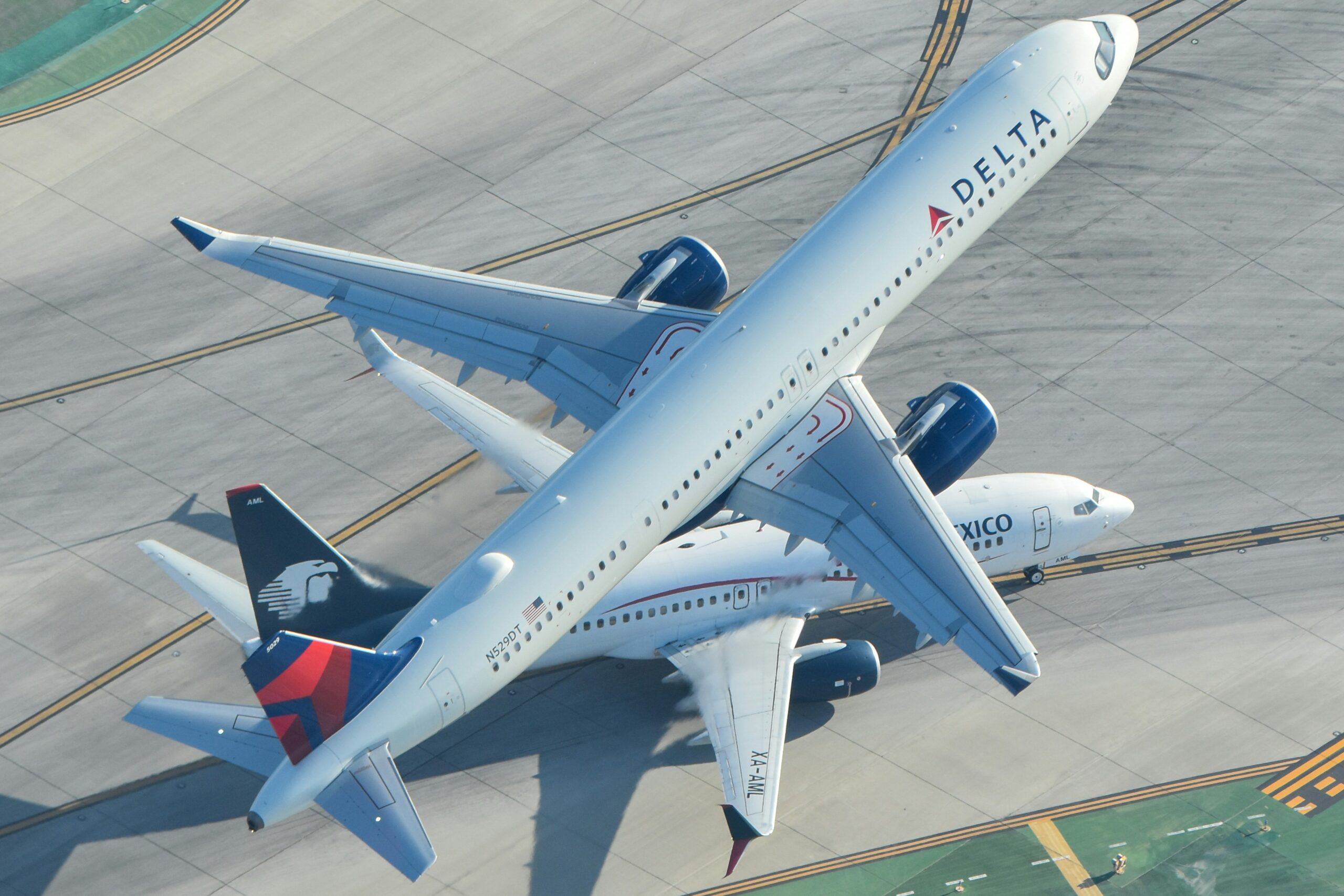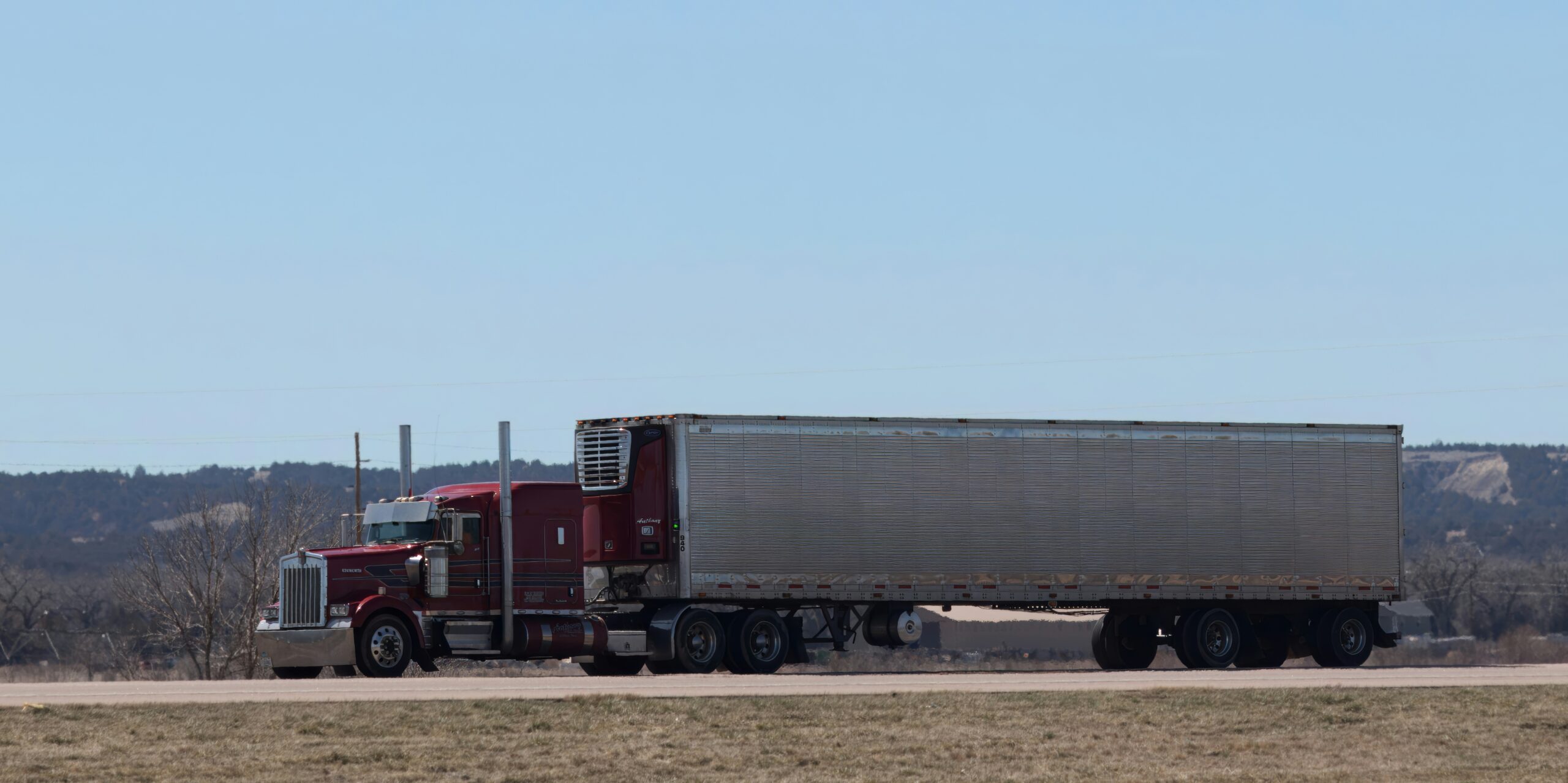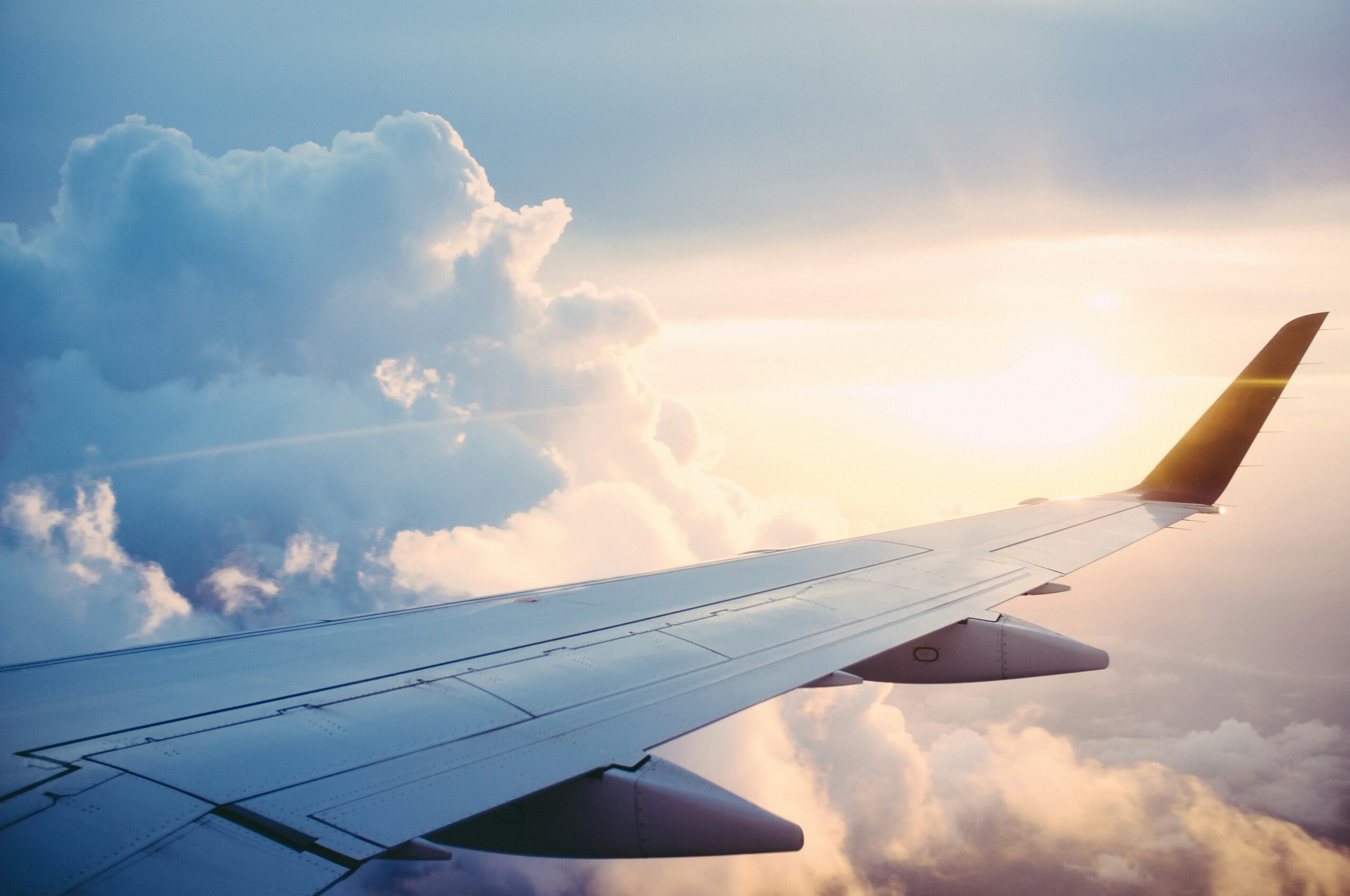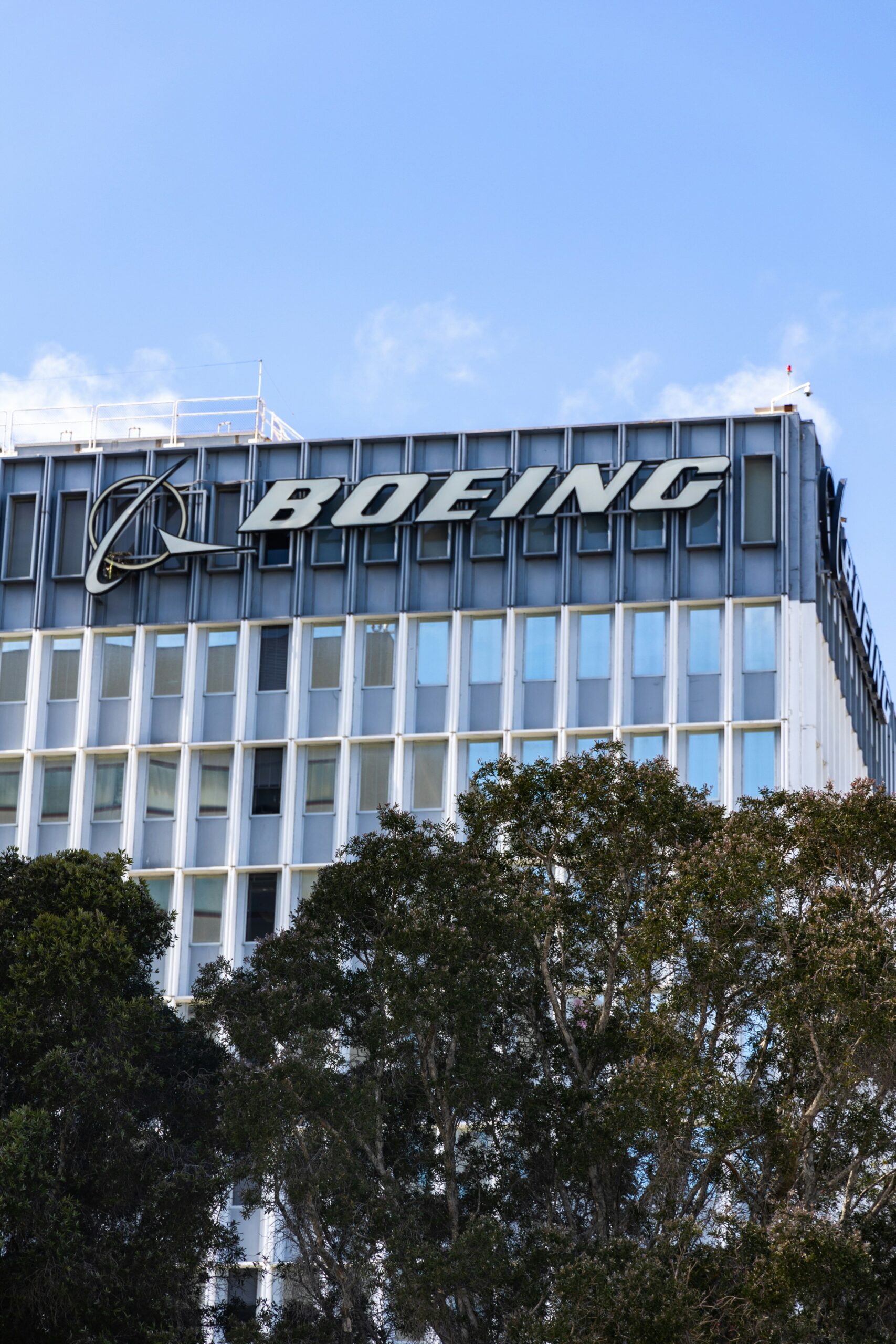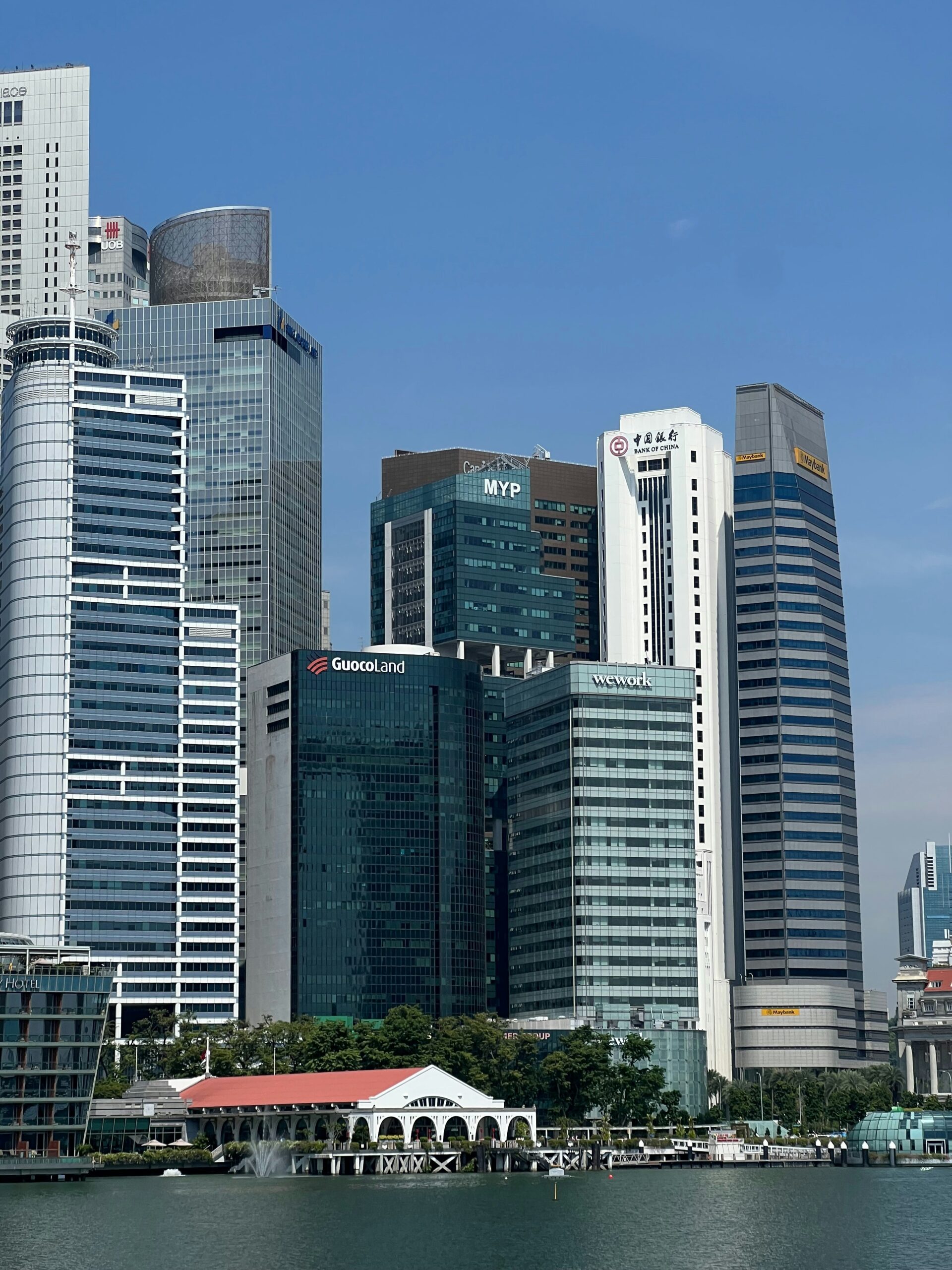Image credit: Unsplash
Many industries felt the impact of the global pandemic, from widening inequalities and inflation to one of the most significant setbacks to poverty alleviation. The airline industry has not been immune to the pandemic’s aftermath, enduring one of the worst-ever down cycles in 2020 and 2021. While the rising costs of fuel and operational headwinds pose challenges to the current state of the airline industry, Delta Air Lines (DAL) recently released near-record revenue in its second-quarter earnings report—but Delta’s CEO still rings the alarm on a growing problem affecting the industry.
Delta’s Mixed Second-Quarter Earnings Report
Delta’s reporting of second-quarter earnings and predictions for the summer months highlighted significant growth, yet the company’s numbers still fell short of analyst expectations. The projected adjusted profit ranged between $1.70 and $2.00 per share, falling below the $2.05 average expected by analysts polled by LSEG. Additionally, sales growth was capped at 4%, below the initially anticipated 5.8%. Adjusted net operating income came in at $1.528 billion, just shy of the $1.531 billion analysts had forecasted. Despite revenue excluding sales rising 5.4% to a record $15.4 billion, the results did not meet the high expectations set by market analysts.
Despite the rise in sales, Delta CEO Ed Bastian described the second quarter as a “really strong performance.” However, he acknowledged that multiple factors are influencing the aviation industry, particularly the impact of lower-fare discounting. Bastian explained, “What you see happening is the impact in the domestic marketplace of the lower fare discounting that’s been going on this quarter.” Increased competition from low-cost carriers has led major airlines to discount ticket prices, which, in turn, erodes profits amid rising fuel and operational costs.
Impact of Lower-Fare Discounting and Industry Trends
Bastian assured investors that Delta is “fairly well insulated” from these impacts due to its higher proportion of business and premium ticket sales. However, this assurance did not prevent Delta’s shares from decreasing by more than 5%, dropping to $44 by the market close on Thursday, July 12. This decline reflects immediate market reactions to the company’s performance and raises broader concerns about industry health.
Throughout and shortly after the global pandemic, Delta proved to be one of the nation’s most financially robust airlines. Yet, its struggles with pricing may signal deeper issues for other airlines that are less shielded from the effects of lower-fare discounting. Analysts at TD Cowen quickly noted that Delta’s disappointing numbers could “likely raise concerns about industry health and lead to more pressure on low-cost carriers and ultra-low-cost carriers to cut capacity.” This concern is not new, as the overall health of the airline industry has been under scrutiny for some time.
In May, American Airlines (AAL) announced it would reduce its growth capacity from 8% to 3.5%, reflecting a more cautious approach amid economic uncertainty. Similarly, Southwest Airlines (LUV) cut its capacity growth from 6% to 4% last quarter, following a wider-than-expected loss of $231 million or 39 cents per share. These adjustments highlight the industry’s broader struggles with capacity management and profitability.
Despite these challenges, Bastian remains optimistic about Delta’s ability to navigate the pressures. He expressed confidence that as travel demand begins to cool in the fall, Delta would be able to stabilize its pricing and cease responding to overcapacity. “We are encouraged by actions the industry is taking… Seat growth is decelerating, and there appears to be increased focus on improving financial performance,” Bastian stated.
This optimism reflects a broader trend in the industry, where airlines are striving to adjust their strategies in response to ongoing economic and operational challenges. As the aviation sector continues to recover from the pandemic’s impacts, it remains to be seen how well major players like Delta and their competitors will adapt to the evolving market conditions.













































































